
Nurture 8 Core English Abilities

Recognize the basic concepts of the arrangement of English letters and the organization of words and short sentences.

Recognize the sound of each phoneme, the most basic unit of a word.

Grasp the pronunciation of phonemes and consonant clusters and build the relationship between ‘form’ (spelling) and ‘sound’ (pronunciation) of a word.

Spell and read aloud words with phonics and begin writing alphabets and common words.

Read aloud simple phonetically-controlled stories with phonics and get familiar with the common words of Grade 1-2.

Read long sentences and understand their meaning as well as the logical relationship between sentences.

Read Chapter Books at a faster speed and perform Silent Reading.

This module covers a wide range of topics, from basic short sentences to professional article writing, which the highest level reaches the standard of Grade 12.
Super Phonics Curriculum
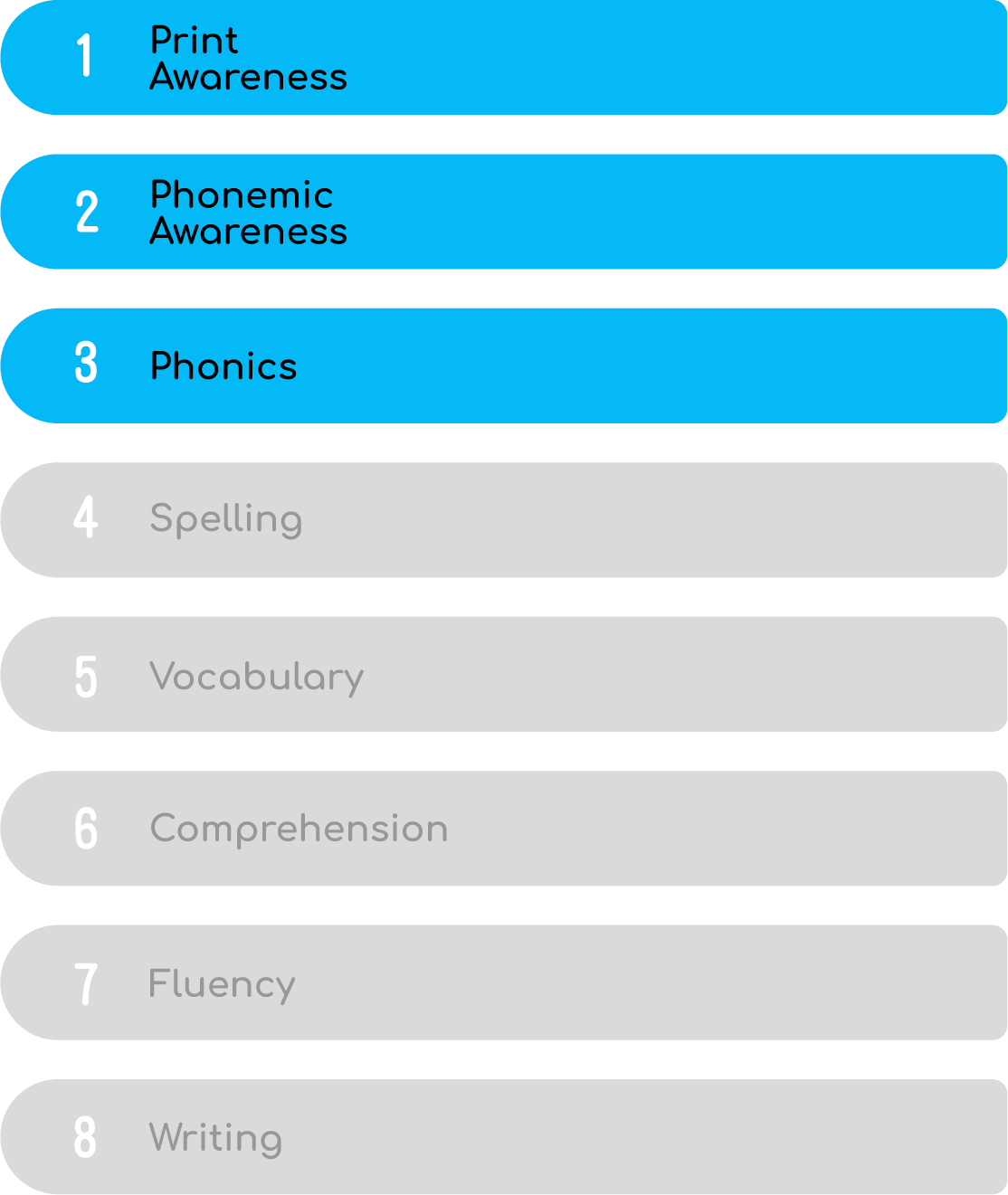
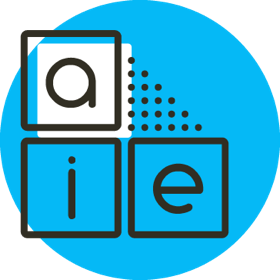
-
- PHASE ONE
- SUPER PHONICS
CURRICULUM


Lay a solid foundation for children’s listening, speaking, reading, and writing skills by the natural phonics curriculum designed in accordance with the curriculum system of American schools.

Immerse the sequential teaching concepts of “phoneme/consonant cluster- word- short sentence” to help children building excellent print and phonemic awareness.

Increase children’s lexicon and nurture their reading habit by adding a short story composed of common words during each lesson.

Begin spelling words, reading short sentences, and describing pictures in English quickly under the instruction from our professional foreign teachers.

-
Interaction
Encourage children to speak new words with phonics through mini-games and quick answer race.
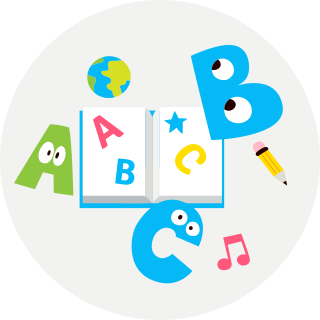
-
Integration
Integrate phonemic pronunciation, new vocabulary, and interesting stories into classes so that children can apply what they learn instantly.

-
Gamification
Stimulate their learning interest with the gamified homework.
Leveled Reading Curriculum
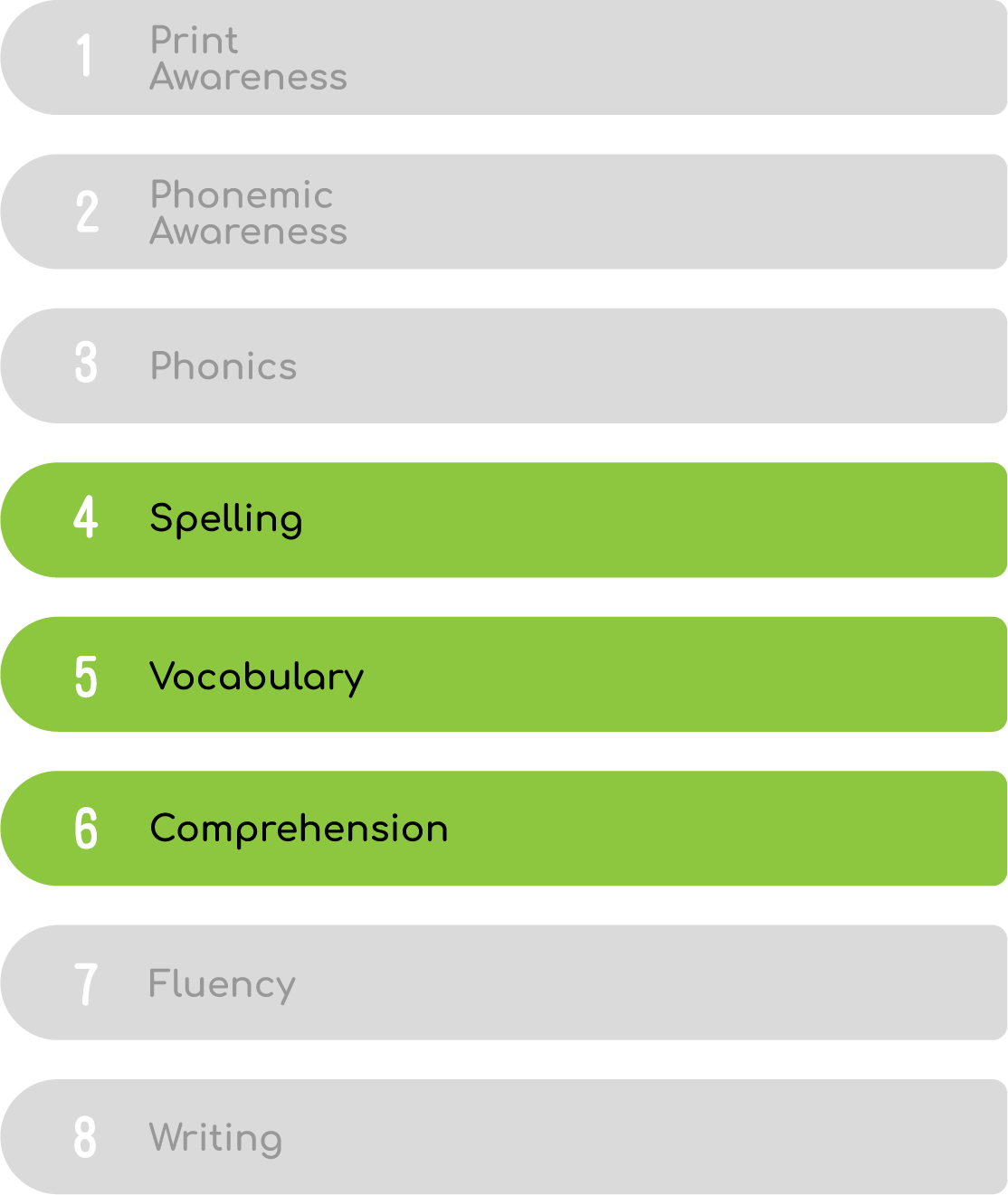

-
- PHASE TWO
-
LEVELED READING
CURRICULUM
2 CLASSES PER WEEK, 162 WEEKS IN TOTAL
27 levels of reading training

54 lessons.
writing exercises which benchmark against Common Core
State Standard (CCSS) across the whole curriculum.
after-school exercise and to nurture reading habit
with more than 400 carefully selected graded readings for free.


Cultivate children's independent ability in English reading. They will not only 'read' but they will also 'comprehend'.

Guide children to reach the standard of American primary school graduating students step-by-step with the reading curriculum designed in accordance with the authoritative Fountas & Pinnell's Guided Reading Level.

Expand children's knowledge and imagination in reading through diverse weekly featured topics such as scientific knowledge, nature, and world cultures.

Enhance comprehensive English competence by organically merging phonics, vocabulary, grammar, writing and reading and get rid of examinations without pressure.

Nurture logical analysis as well as creative thinking by extensively discussing the contents of books with our professional foreign teachers under the principle of interactive pedagogical approach.
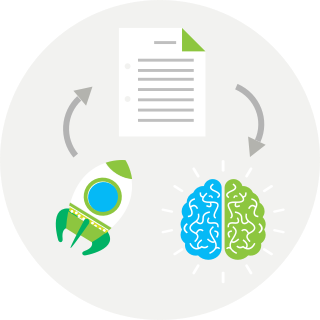
-
Progressive Reading Mindset
Develop a reading flow of 'Graphics-Texts-Meaning-Author Intent'.
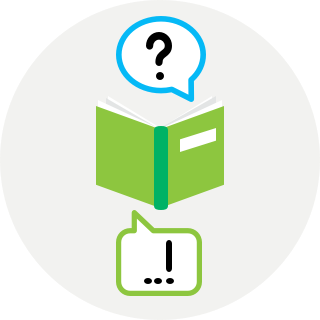
-
Directed Reading Thinking Activity (DRTA)
Direct children to think and express independently by stressing the importance of interaction and supplementing the learning with teachers' explanation.

-
Theme-based Teaching
Practice reading, vocabulary and writing skills with a weekly theme to balance both the breadth and the depth of reading which enables children to consolidate the established knowledge and to stimulate the reading interest simultaneously.
Guided Writing Curriculum
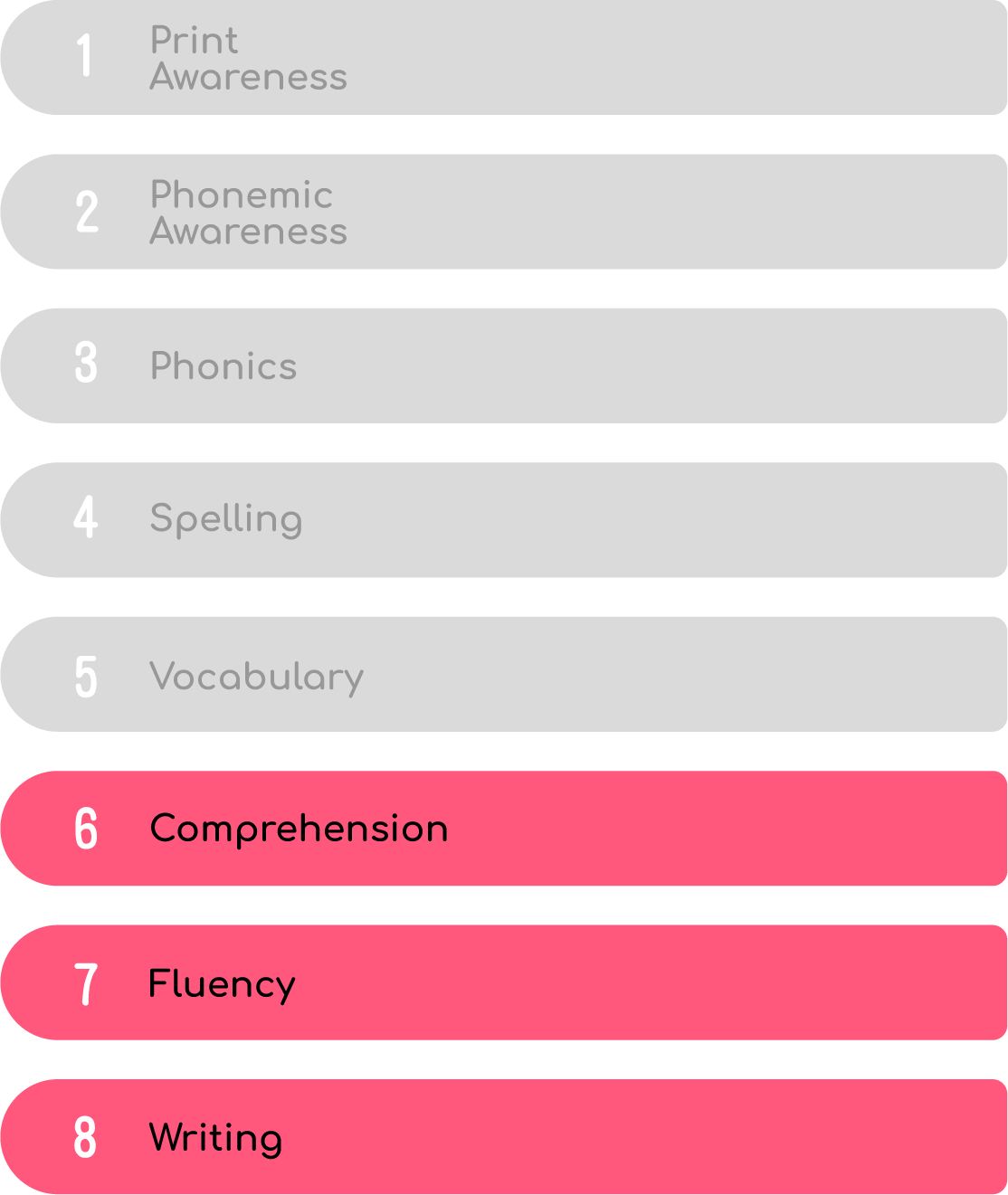

-
- PHASE THREE
-
GUIDED WRITING
CURRICULUM
FROM OUR PROFESSIONAL TEAM IN SEATTLE.